Uncategorized
-
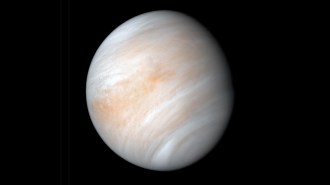 Science & Society
Science & SocietyThese science claims from 2020 could be big news if confirmed
Scientific findings reported this year that still need more proof include potential signs of life on Venus and Earth’s oldest parasites.
-
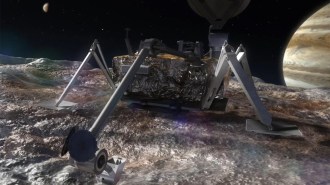 Space
SpaceHow future spacecraft might handle tricky landings on Venus or Europa
Scientists are getting inventive with ways to touch down on these worlds, where landers will face obstacles not seen elsewhere in the solar system.
-
 Health & Medicine
Health & MedicineThe new U.K. coronavirus variant is concerning. But don’t freak out
A new version of the coronavirus may be better at spreading from person to person, but there’s still a lot scientists don’t know.
-
 Chemistry
ChemistryA new iron-based catalyst converts carbon dioxide into jet fuel
Jet fuel made from carbon dioxide could one day reduce pollution from air travel.
-
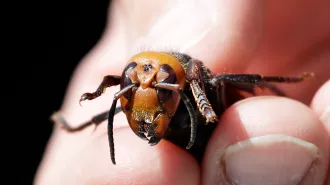 Animals
AnimalsRumors of a ‘murder hornet’ apocalypse may have been exaggerated
Murder hornets sightings in the Pacific northwest inspired a mix of concern and delight.
-
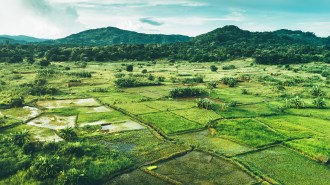 Animals
AnimalsClearing land to feed a growing human population will threaten thousands of species
Changing where, how and what food is grown could largely avoid biodiversity losses, scientists say.
-
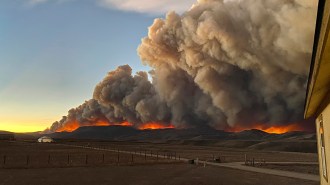 Climate
ClimateWildfires, heat waves and hurricanes broke all kinds of records in 2020
Climate change did not take a break during the pandemic.
-
 Health & Medicine
Health & MedicineHow does the newly authorized Moderna COVID-19 vaccine compare to Pfizer’s?
The FDA has granted emergency use authorization to Moderna’s COVID-19 vaccine, bringing the number of vaccines available in the United States to two.
-
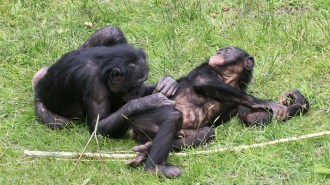 Animals
AnimalsBonobos, much like humans, show commitment to completing a joint task
Experiments with bonobos suggest that humans aren’t the only ones who can feel a sense of mutual responsibility toward other members of their species.
By Bruce Bower -

After a year like no other, new challenges and hope
Editor in chief Nancy Shute reflects on covering COVID-19, the things we've learned along the way, and some of the stories that sparked joy this year.
By Nancy Shute -
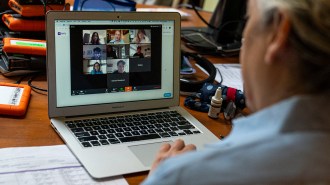 Science & Society
Science & SocietyWhat will life be like after the coronavirus pandemic ends?
Researchers offer a range of perspectives on the possible long-term social consequences of COVID-19.
By Bruce Bower -
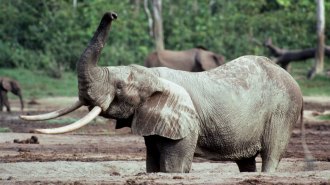 Archaeology
ArchaeologyIvory from a 16th century shipwreck reveals new details about African elephants
Ivory from the sunken Portuguese trading ship Bom Jesus contains clues about elephant herds that once roamed Africa, and the people who hunted them.